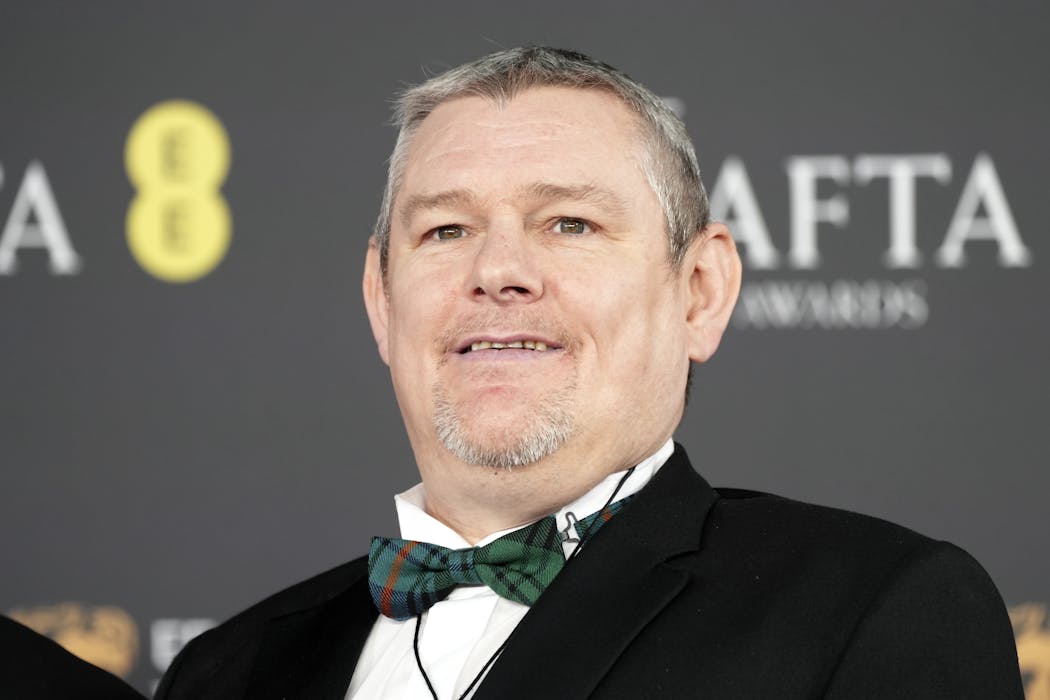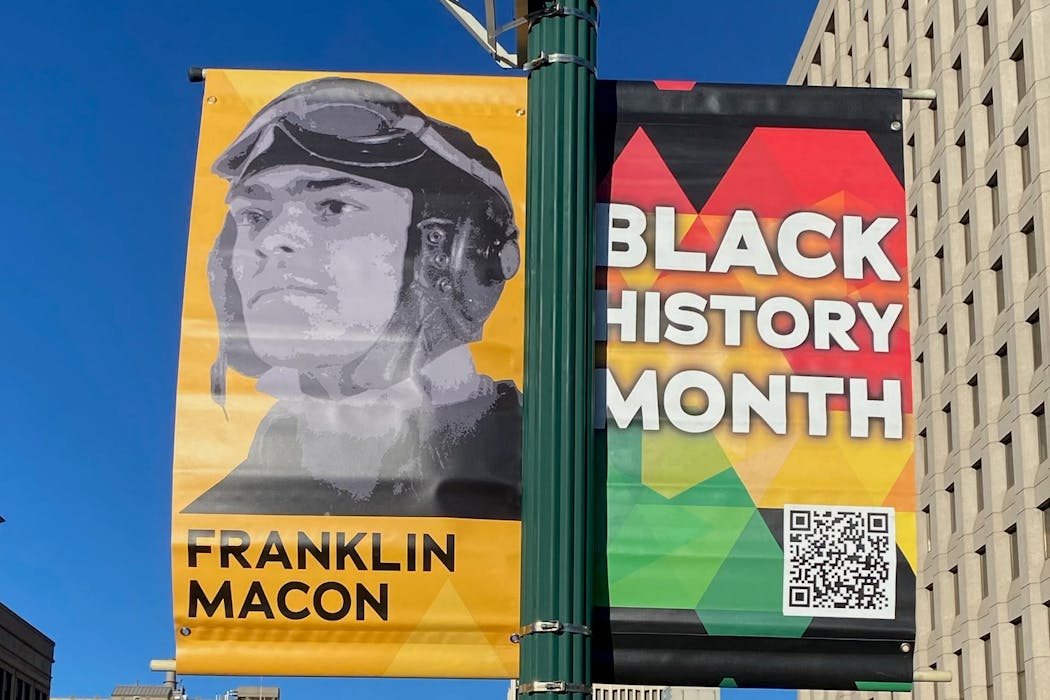Abuse survivors are showing Theresa May's inquiry the way
 Silence, broken.littleny
Silence, broken.littlenyThe Home Office’s planned inquiry into child sexual abuse across all areas of British public life has had a troubled start to say the least. While its panel has at last begun to meet and hear evidence, its terms of reference and geographical scope are still under review, and the hunt for a suitable chair has been a major embarrassment.
Yet still, the inquiry is a vital attempt to challenge the vast scale of child abuse across the UK. The need for it has only been driven home since the inquiry was mooted; just recently, 13 men were jailed for a running a grooming operation in Bristol that sexually exploited teenage girls for financial gain.
As other huge cases in Rotherham and Northern Ireland have shown, one of the most challenging aspects of confronting the sexual abuse of children is that it is concertedly hidden. Those who purposefully use children for sexual gratification deploy power, fear and silence to protect their behaviour.
It is precisely our reluctance to think about the reality of child abuse and how it is able to persist that allows it to continue. If we want to eradicate it from our society, we all need to contribute to changing that.
Of course, based on what we do already know, the challenge is immense.
Dark figures
The NSPCC suggests that 1 in 20 children in the UK have been sexually abused, with 23,000 sexual offences reported against children in 2013 – a figure widely thought to represent a serious under-report.
Too many children have not been safe in their families or in the “care” of both state and religious institutions.
We’re becoming more aware than ever of other modes of abuse, but our responses have been slow. For example, the UK action plan to respond to the needs of human trafficking was only launched in 2007.
Meanwhile, the proliferation of online child sexual abuse is almost beyond comprehension. As demonstrated by the vast haul of data captured by Canada’s Project Spade in November 2013, we’ve just started to see just how immense the task of policing the internet is, and the time needed to process data can leave children at risk of further abuse. The most worrying depths of the dark web, designed to protect its users’ activity from detection, are yet to be fully explored and understood.
Right to the top
The recent atrocities highlighted in Derby, Greater Manchester, Rotherham and Oxford, in addition to the acts of high-profile individuals such as Jimmy Savile, have all found core social institutions impotent in the face of child abuse. One response is to hold individuals to account, as happened to Shaun Wright in the Rotherham case.
Of course, individual responsibility must be taken, but there is a far greater need to look fundamentally at governance at a societal level. Tellingly, this leviathan of an inquiry is increasingly regarded with something approaching alarm by the political and media establishment.
The Sunday Telegraph’s Andrew Gilligan, for instance, provides three core misgivings: that inquiries often “fail to uncover – or indeed conceal – the facts”, that even when they establish truth and target criticism, no one is held accountable, and that even inquiries deemed “successful” often make little real impact.
It’s difficult to entirely refute his reasoning on the face of it – but if we want to stand a chance at changing the abjectly poor situation, giving in to this desolate worldview is not an option.
That’s why it is so inspiring to see adult survivors of abuse, such as Peter Saunders, Founder and Chief Executive Officer of the National Association of People Abused in Childhood (NAPAC, defiantly and publicly demanding a serious response to their needs.
Saunders and other survivors are now ably supported by legal representatives, who are using traditional and social media platforms to communicate their message.
As they well know, we need to be mindful that people in positions of power in our society will work hard to keep the extent of this abuse a secret – and it is their persistence and leadership role in the inquiry that is challenging that old habit.
Forging ahead
Only six months away from a general election, it’s no surprise that the fiasco of Fiona Woolf’s resignation saw various MPs lining up to be extravagantly supportive or critical of Theresa May.
Still, the chamber was unusually quiet during May’s ensuing address to the Commons, demonstrating a welcome respect for victims and survivors. May offered an apology to those affected, and invited them to participate in the selection of the next chair – a demand that survivor groups have been making for some time.
That was a sign that survivors are beginning to command serious respect from the public figures behind the inquiry. Their respectful and considered conduct (and their representatives') must be honoured by determination on the part of the panel, who will need to be extremely tenacious and brave to achieve the inquiry’s stated goals.
There is still much to be done to make that happen. Among other things, survivors are now demanding the inquiry be given statutory powers, giving it the full force of the law and legally preventing public bodies from withholding relevant documents from its investigation.
The task of establishing a worthwhile inquiry and its ability to find truth and assert accountability has already proven an enormous challenge. The questions they ask are simple – but whether they can find the answers will be depend on the level of institutional complexity and subterfuge it is forced to grapple with.
Donna Peach is affiliated with MOSAICII a charity in Bradford that supports people affected by childhood sexual abuse.
Read more http://theconversation.com/abuse-survivors-are-showing-theresa-mays-inquiry-the-way-34222


















